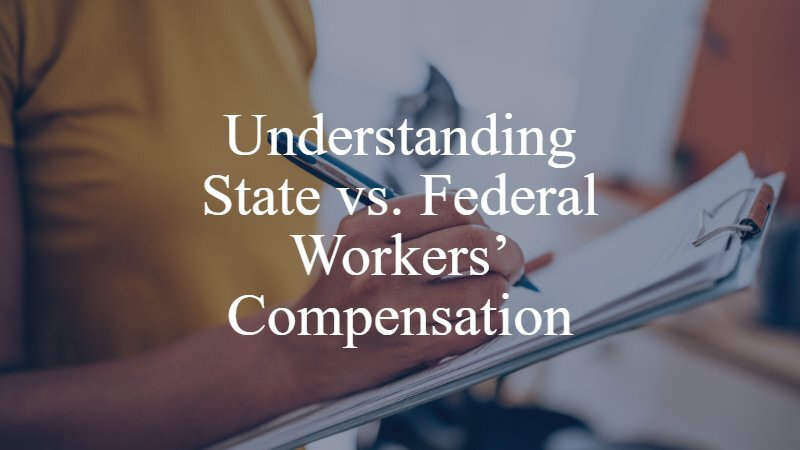Understanding State vs. Federal Workers’ Compensation

Any injury is painful and distressing, but being injured on the job comes with the additional anxiety that the injury will impact your ability to work in your usual capacity or at all. Fortunately, there are protections in place for employees who suffer work-related accidents and injuries.
Workers’ compensation is a form of private insurance that Oklahoma requires employers to carry, providing crucial benefits to injured workers of private companies or state agencies. However, federal employees cannot file for workers’ compensation benefits in their state. Instead, their claim requires accessing a federal program for injured government employees.
Consulting a workers’ compensation attorney in Oklahoma City can help clarify which program applies to your situation.
What Federal Program Provides Benefits for Injured Employees?
The Federal Employees’ Compensation Act (FECA) covers non-military employees working for the federal government, regardless of their state of residence or the location where the work-related injury occurs.
Examples of civilian government employees include those who work for the U.S. Postal Service, the National Parks, the Veterans’ Administration, the Bureau of Prisons, the Transportation Security Administration (TSA), the Federal Aviation Administration (FAA), and numerous other agencies within the Department of Defense and the Department of the Interior.
A workers’ compensation lawyer can help federal employees understand how FECA benefits differ from state benefits.
What Is the Difference Between State Workers’ Compensation and FECA Benefits?
Workers’ compensation laws vary between states, with each state having different filing requirements and benefits, such as paying varying percentages of the employee’s average weekly income. In contrast, all federal workers have the same benefits regardless of their state of residence.
Additionally, workers’ compensation benefits are provided by private insurance companies, whereas the U.S. government funds federal benefits under the Office of Workers’ Compensation Program (OWCP) within the Department of Labor. Both pay for medical expenses, and typically about 75% of an employee’s standard weekly income.
Some important differences between state workers’ compensation and federal workers’ compensation benefits include the following:
- State workers’ compensation requires the injured employee to receive care from providers on an employer’s list, while federal employees may choose their own doctors
- Federal benefits provide cost-of-living increases, while state workers’ compensation benefits do not
- The federal program offers weekly continuation of pay (COP) benefits for 45 days as a short-term benefit while awaiting approval for FECA benefits, which are then paid monthly
- Federal benefit recipients may not file lawsuits against their employer, while an employee of a private employer may file a lawsuit under specific conditions, such as in cases of an employer’s egregious negligence or wrongdoing
- Federal employees may file a claim up to three years after an injury, as long as their immediate supervisor did not know about the injury within 30 days of the accident, whereas most states have a one-year time limit for workers’ compensation claims
Neither workers’ compensation nor FECA federal benefits compensate injured employees for pain and suffering.
Filing a Third-Party Claim in Addition to a State Workers’ Compensation or Federal Workplace Injury Claim
Both employees of private or state employers and federal employees may file a third-party claim against a non-employer if a third party’s actions caused or contributed to the accident.
For example, if a contractor or subcontractor causes an injury or if an employee suffers injuries in a car accident caused by a negligent driver while driving within the scope of their work duties, they may file a lawsuit independently of both workers’ compensation and federal programs. A workers’ compensation attorney in OKC can guide you through third-party claims and ensure your rights are protected.
If you’ve been injured on the job and need help with differentiating which program applies to your case, contact an Oklahoma City workers’ compensation attorney from Dan Davis Law to schedule a consultation and discuss your legal options.